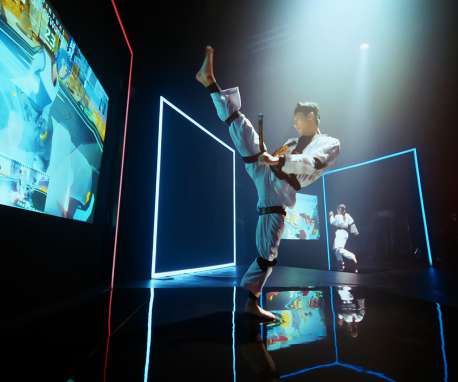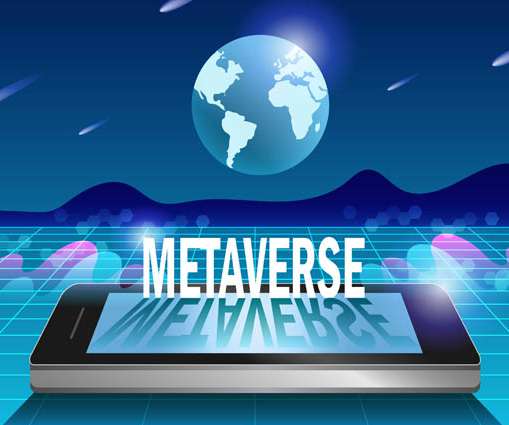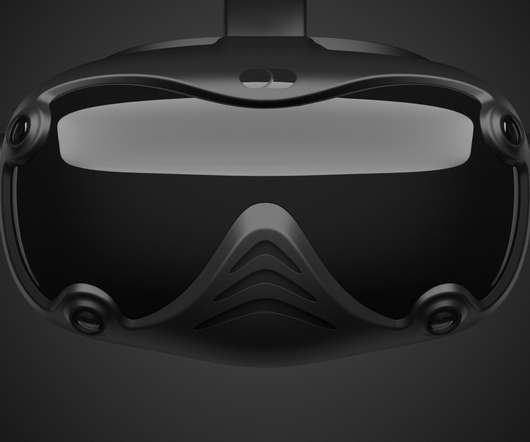Refract raises $8.5M SGD funding, announces new game development division
TechCrunch VR
JANUARY 25, 2022
Refract , a Singapore-based extended reality (XR) startup, announced today it has closed approximately $8.5million SGD (approximately $6million) Series A led by Sea Limited along with international family offices and individual investors. AXIS can also work with popular VR headsets like the Oculus Quest 2, Chng said.












Let's personalize your content